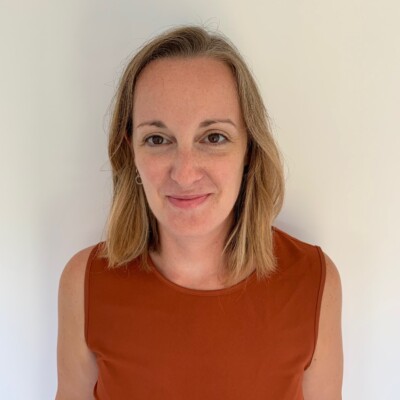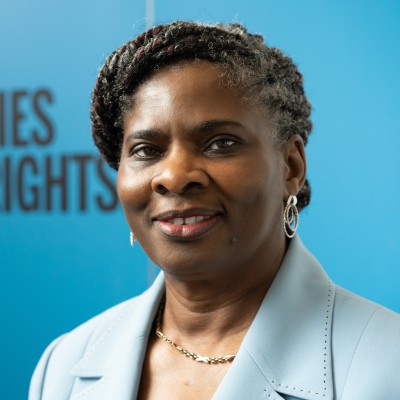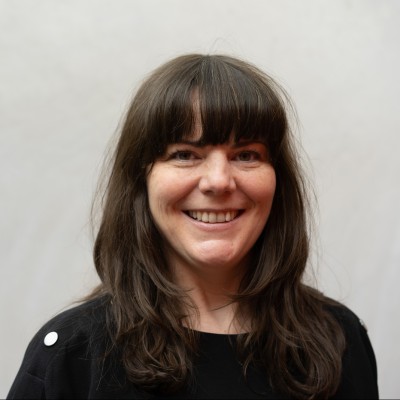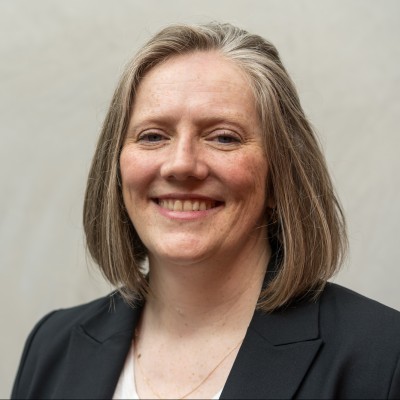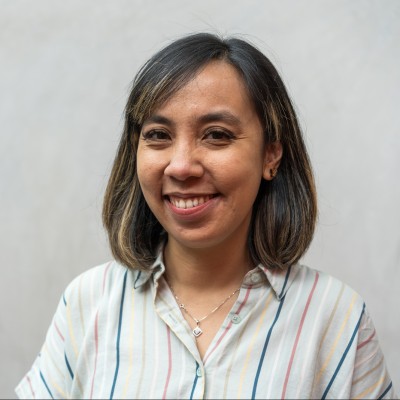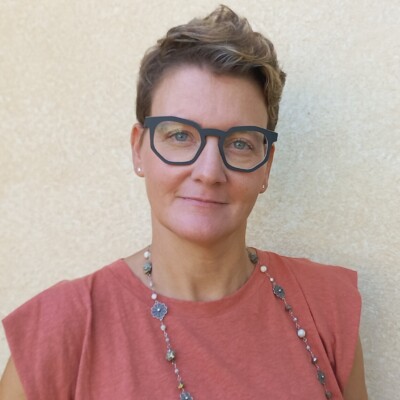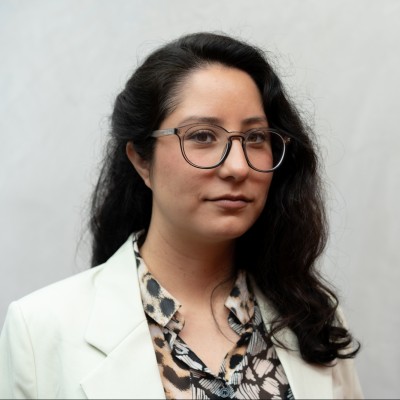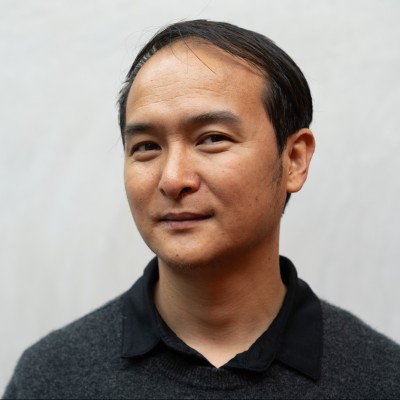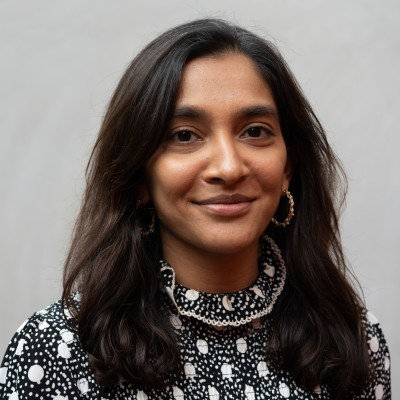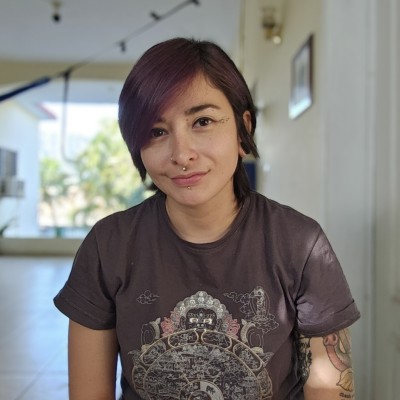meet our team
Catherine Cook is the Sustainable Financing Lead at Harm Reduction International (HRI).
Catherine is an expert on the funding of harm reduction. She has developed a portfolio of ground breaking research and policy analysis on financing for harm reduction, including the tracking of donor and government investment in harm reduction. She has coordinated international research, developed tools for harm reduction advocates and provided regular analysis to United Nations and donor agencies.
Catherine was responsible for conceptualising and developing HRI’s flagship project, the Global State of Harm Reduction in 2007.
Catherine brings 17 years of professional experience in harm reduction, HIV and policy research and has published extensively on a wide range of topics related to harm reduction and public health in both civil society reports and academic literature. She was a Deputy Editor for the Harm Reduction Journal from 2015-2020 and served on the Scientific Committee for the International Society for the Study of Drug Policy (ISSDP).
Catherine joined Harm Reduction International in 2007 as Research Analyst, before being appointed Head of Research, then Sustainable Financing Lead. Prior to that, she worked at the International HIV/AIDS Alliance.
Catherine holds a BSc in Psychology from Sussex University, an M.Sc in Cross-Cultural Psychology from Brunel University, London. She has also completed courses in Human Rights Law in Practice at the London School of Economics and Health Economics at Oxford University.
Anne Taiwo is the Finance Manager at Harm Reduction International (HRI).
Anne is a Fellow of the Association of Chartered and Certified Accountants (FCCA), bringing over twenty years of experience working in various public and charitable organisations including the Transport Police, the Independent Police Complaints Commission, Royal British Legion, and the Equality Commission.
In her role at HRI, Anne is responsible for working with the Executive Director to present precise and concise statements of the organisation’s financial affairs to the Board of Trustees. She also oversees the annual audit systems and ensures the organisation’s resources are used efficiently, effectively and economically.
Prior to joining HRI, Anne was the Head of Finance at Clinks – an organisation which supports, promotes and represents the voluntary sector working in the criminal justice system. While at Clinks, Anne set up the Finance Policy and Accounting Software, and ensured that the organisation remained compliant with the Charity Commission’s rules and regulations.
Lucy O’Hare is a Conference Director at Harm Reduction International (HRI).
Lucy joined the team in 2015, to run the Harm Reduction International Conference in Kuala Lumpur – an event that signalled the beginning of an exciting journey at HRI. As part of the core team that put together HR17 in Montréal and HR19 in Porto, Lucy has developed a passion for the pace and diversity of the role, and the people she meets at these powerful, energising events.
Lucy is also responsible for conceptualising Constellations: An Online Festival on Drugs and Harm Reduction. HRI’s first major online event, the festival has broadened the scope of the HRI’s events by engaging new audiences and highlighting emerging areas of interest in the field of harm reduction.
Lucy previously worked at HIT, a UK-based harm reduction information agency, where she ran national training programmes. Lucy remains connected to the annual HIT Hot Topics Conference, the UK’s leading harm reduction conference.
Lucy holds a BA in French from the University of Leeds. She has been an enthusiastic harm reduction supporter since childhood.
Maddie is Harm Reduction International’s Conference Director and is based in Liverpool. She is responsible for the organisation of Harm Reduction International’s flagship biennial conference, and working to ensure that it continues its strong history of being relevant and impactful in our field around the world.
Maddie has almost two decades of professional experience across harm reduction and event management. Prior to joining Harm Reduction International in 2016, she was full-time Deputy Director of HIT, a UK-based harm reduction information and training organisation. She remains a Director of HIT.
Maddie lived in Thailand from 2002 to 2008, where she worked at various NGOs focused on harm reduction and HIV. Her experience during this time fomented her belief in the importance of the meaningful involvement of people who use drugs at all levels in harm reduction responses and drug policy discussions.
Maddie holds a BA in Modern Foreign Languages (French & Spanish) from the University of Bristol.
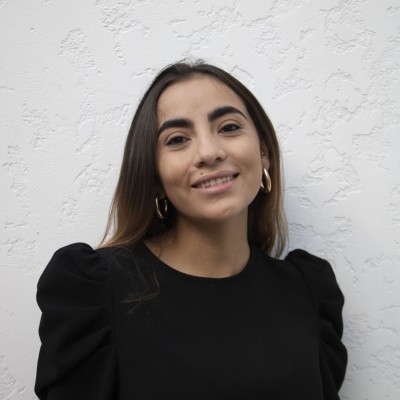
Martina Moreira is a Conference Assistant at Harm Reduction International.
As a visual and creative person, she has worked for over two years as a social media manager in different industries and for over six years as a photographer. In 2021 she founded a women’s empowerment project aimed at inspiring through storytelling called En Mi Papayal Podcast.
Martina holds a Bachelor of Arts in Criminology from De Montfort University in Leicester; these studies brought out a passion for harm reduction through drug policy reform. Driven by a deep sense of purpose and a desire to inspire those around her, she is committed to making a positive impact in the communities she is part of.
Public Health and Social Policy Team
The Public Health and Social Policy team conducts original research and analysis to track developments in harm reduction and ensure people who use drugs have the health and social services they need.
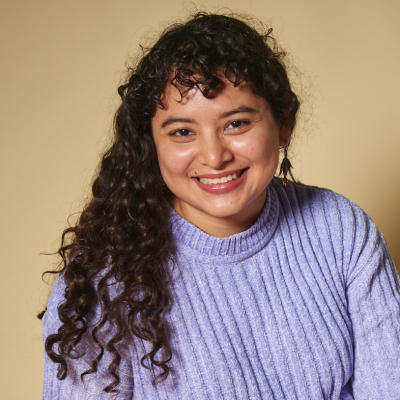
Paulina Cortez Licona is the Project Coordinator and Researcher in the Public Health and Social Policy team at Harm Reduction International (HRI).
Paulina is a gender and drug policy specialist, researcher, and human rights advocate with a background in promoting social justice. She has been an advocate for the rights of women, migrants, people who use drugs, and the LGBTQ+ community. Her previous research experiences focus on the social and environmental consequences of the war on drugs in Latin America and gender-based violence.
Paulina is a member of the Strategic Advisory Body at the Women and Harm Reduction International Network (WHRIN). She has previously collaborated as a writer and translator in the communication department at Release and Talking Drugs.
Paulina worked at the Peace and Justice Service of Mexico (SERPAJ) and co-founded the Nos Hacen Falta collective. In these roles, she coordinated projects and campaigns and accompanied families affected by violence resulting from the war on drugs, including addressing cases of forced disappearance, feminicides, and homicides.
Paulina is also been involved in cultural projects, advocating for LGBTQ+ representation in the performing arts.
Paulina holds an MSc in Human Rights and Politics from the London School of Economics and Political Science, a Postgraduate Diploma in Peace Culture from the Autonomous University of Barcelona and a BA in Intercultural Development and Management from the National Autonomous University of Mexico.
Human Rights and Justice Team
The Human Rights and Justice team monitors rights abuses committed globally in the name of drug control, and advocates to promote the human rights of people who use drugs and their communities.
Ajeng Larasati is the Human Rights Lead at Harm Reduction International. Ajeng is a human rights and public health specialist with twelve years of experience in programme management, organisational development and strategic advocacy.
From 2012 to 2020, Ajeng worked for Lembaga Bantuan Hukum Masyarakat (LBHM), a leading legal aid organisation based in Jakarta, Indonesia. Her work focused on carrying out legal empowerment, capacity building, advocacy and research on the issue of HIV and human rights, drug policy, LGBT rights, and mental health. While at LBHM, Ajeng spearheaded the development of the Crisis Response Mechanism for LGBT communities and the development of the Indonesia HIV Legal Review, which highlights the human rights aspect of family-based intervention in Indonesia’s HIV programme.
Prior to joining Harm Reduction International, Ajeng also worked as a consultant for the Community, Rights and Gender team of the Global Fund to Fight AIDS, Tuberculosis and Malaria, where she provided technical assistance for key populations in the development of a multi-year human rights plan and supported community participation in the development of funding applications to the Global Fund.
Ajeng coordinates the Lawyering on the Margins Network and sits on the Steering Committee of the HIV Justice Network. She is on the Board of Directors for Lembaga Bantuan Hukum Masyarakat (LBHM) and the Advisory Board for OPSI, an Indonesian network of sex workers.
Ajeng holds an LLM degree in Economic, Social and Cultural Rights from the University of Essex and a Bachelor of Laws from the University of Indonesia.
Based in Italy, Giada is a Senior Analyst in the Human Rights and Justice team at Harm Reduction International. She monitors trends on rights violations committed in the name of drug control, authors reports and analyses, and coordinates advocacy with the UN and other institutional actors.
Giada holds a law degree from the University of Torino (Italy), and an LLM in Human Rights, Conflict and Justice from SOAS (University of London), and is a member of the Advocacy Coordination Working Group of the World Coalition against the Death Penalty.
Giada joined Harm Reduction International in April 2018. Prior to working at Harm Reduction International, she undertook research and policy analysis for the Economic, Social and Cultural Rights team at the International Secretariat of Amnesty International; worked in Guatemala with a local NGO promoting indigenous peoples’ rights; and, worked at the SOAS Human Rights Clinic on access to justice. In mid-2017, Giada published a book on transitional justice titled Understanding Transitional Justice: A Struggle for Peace, Reconciliation, and Rebuilding.
Cinzia Brentari is a Senior Advisor at Harm Reduction International, providing technical guidance and support to the Human Rights and
Justice team, and Public Health and Social Policy team.
Cinzia holds a degree in law and criminology. She has developed specific expertise on European policies, advocacy and networking on harm reduction in the criminal justice system. Within this sector she has coordinated research, organised events, trainings and capacity building initiatives, thus bridging expertise between civil society and the institutional sector.
Cinzia is a member of the Correlation European Harm Reduction Network Steering Committee and has taken part in scientific committees of international conferences, including the Harm Reduction International Conference, since 2005.
She has also contributed to European research and has published for the European Monitoring Centre on Drugs and Drug Addiction, among others.
Between 2001 and 2005 Cinzia worked at the European Commission in Brussels in managing development cooperation projects and supporting EU policy development on drug demand reduction. She is a consultant for the European Commission and its Agencies on project assessment, management and evaluation.
Cinzia is based in Italy has worked with Harm Reduction International as an advisor and project manager since 2007.
Marcela Jofré is an Analyst with the Human Rights and Justice Team at Harm Reduction International (HRI), working across projects.
Marcela is a criminal lawyer with over four years of experience in criminal and strategic litigation in Chile.
Prior to joining HRI, she sat on the Board of Directors of LEASUR NGO, a Chilean organisation that campaigns for rights of people in prison and fights to end the carceral system as a way to solve social problems. From 2014-2018, Marcela worked as a legal adviser and human rights representative at the Ministry of Home Affairs in Chile.
For three years, Marcela volunteered with LEASUR NGO, reporting on prison conditions, campaigning for the right to vote for people in prison and making a legal proposal to the constitutional convention for the constitutional recognition of rights of people in prison. She is a member of the Red de Cabildos Penitenciarios, a collective working to elevate the voices of people in prison within conversations on Chilean constitutional reform. She has also contributed to challenging immigration detention as a caseworker and policy researcher volunteer at Bail for Immigration Detainees in the UK.
Marcela is deeply involved in racial capitalism struggles, abolitionism theories and the anti-carceral movement.
Marcela holds an MSc in Human Rights and Politics from the London School of Economics and Political Science.
Catherine Cook is the Sustainable Financing Lead at Harm Reduction International (HRI).
Catherine is an expert on the funding of harm reduction. She has developed a portfolio of ground breaking research and policy analysis on financing for harm reduction, including the tracking of donor and government investment in harm reduction. She has coordinated international research, developed tools for harm reduction advocates and provided regular analysis to United Nations and donor agencies.
Catherine was responsible for conceptualising and developing HRI’s flagship project, the Global State of Harm Reduction in 2007.
Catherine brings 17 years of professional experience in harm reduction, HIV and policy research and has published extensively on a wide range of topics related to harm reduction and public health in both civil society reports and academic literature. She was a Deputy Editor for the Harm Reduction Journal from 2015-2020 and served on the Scientific Committee for the International Society for the Study of Drug Policy (ISSDP).
Catherine joined Harm Reduction International in 2007 as Research Analyst, before being appointed Head of Research, then Sustainable Financing Lead. Prior to that, she worked at the International HIV/AIDS Alliance.
Catherine holds a BSc in Psychology from Sussex University, an M.Sc in Cross-Cultural Psychology from Brunel University, London. She has also completed courses in Human Rights Law in Practice at the London School of Economics and Health Economics at Oxford University.
Based in Nepal, Gaj Gurung undertakes research and policy analysis for the Sustainable Financing Team.
Gaj has a wealth of experience working with young people, adolescents and key population programming in the context of the HIV response as well as in gender equality at national, regional (Asia and the Pacific) and the global level. He brings expertise and experience on the Global Fund to Fight AIDS, TB and Malaria; both as a recipient of funding and a member of the Developing Country NGO Delegation to the Global Fund Board.
Prior to joining HRI, Gaj was the Regional Coordinator of Youth LEAD, the largest network of Young Key Populations (YKPs) in Asia and the Pacific, representing youth and key populations in many high-level delegations and international platforms.
Gaj has a Master’s degree in development studies and a PhD in Public Health from Chulalongkorn University, focusing on the effectiveness of Nepal’s National Health Insurance program in reducing out-of-pocket health expenses.
Suchitra Rajagopalan is the Communications Strategist at Harm Reduction International (HRI).
At HRI, Suchitra works to develop and implement the strategic communications plan for the organisation, manages the creation and promotion of HRI’s major research publications, leads traditional and social media work, and works with HRI’s conference team to plan and promote HRI’s online and offline events.
Suchitra is deeply involved in the development of HRI’s work to promote racial justice and expose the colonial roots of the current drug control system. She has been key in shaping communications on the impact of punitive drug policies and in connecting HRI’s call for the redirection of funding to broader social justice movements.
Prior to joining HRI, Suchitra served as the Research Coordinator at the Drug Policy Alliance, where she was responsible for producing publications and conducting secondary research to inform the organisation’s publications, media, web, and policy work. She also interned with the Drug Policy Alliance’s international policy department and worked in the HIV/AIDS Unit at Lawyers Collective in Mumbai, India.
Suchitra received her Bachelor of Arts in Political Science and Law from Sciences Po Paris.
Suchitra writes on harm reduction, drug policy and human rights and has been published by CNN, HuffPost, and the Inquirer.
Paola Rodríguez is the part-time Communications Assistant at Harm Reduction International (HRI).
Paola has previously worked for Partners In Health Mexico, where she led a communications team. She currently collaborates with Instituto RIA, a Mexican NGO which works to change drug policies in the country from a harm reduction, social justice and human rights perspective, and works with communities who engage with substances.
Paola is passionate about changing drug policies in her home country of Mexico and internationally. She is interested in implementing harm reduction models and drug testing programmes, and changing narratives around people who use substances. She believes that it is possible to reimagine the ways society looks at substances and at people who use them. She brings social justice, gender equality and decolonisation to her daily work.
Paola is a multidisciplinary designer from the Fine Arts Institute (Mexico), and holds a Master’s degree in development practice from Regis University (USA).
Anne Taiwo is the Finance Manager at Harm Reduction International (HRI).
Anne is a Fellow of the Association of Chartered and Certified Accountants (FCCA), bringing over twenty years of experience working in various public and charitable organisations including the Transport Police, the Independent Police Complaints Commission, Royal British Legion, and the Equality Commission.
In her role at HRI, Anne is responsible for working with the Executive Director to present precise and concise statements of the organisation’s financial affairs to the Board of Trustees. She also oversees the annual audit systems and ensures the organisation’s resources are used efficiently, effectively and economically.
Prior to joining HRI, Anne was the Head of Finance at Clinks – an organisation which supports, promotes and represents the voluntary sector working in the criminal justice system. While at Clinks, Anne set up the Finance Policy and Accounting Software, and ensured that the organisation remained compliant with the Charity Commission’s rules and regulations.
Ugochi Egwu is the Finance Assistant at Harm Reduction International (HRI).
Since 2019, Ugochi has served as accountant and finance official with various NGOs and international organisations including the International Committee of the Red Cross in Nigeria. She is passionate about ending the war on drugs. She also volunteers with Students for Sensible Drug Policy (SSDP) Nigeria.
At HRI, Ugochi contributes to improvement in financial transparency, quality control, reconciliations and savings. She works with the Finance Manager and contributes to preparing concise financial statements and ensuring the organisation’s resources are properly managed.
Ugochi holds a Bachelor of Science in Accounting from the University of Nigeria.
Board of Trustees
We are governed by a Board of Trustees who are elected for a three-year term.
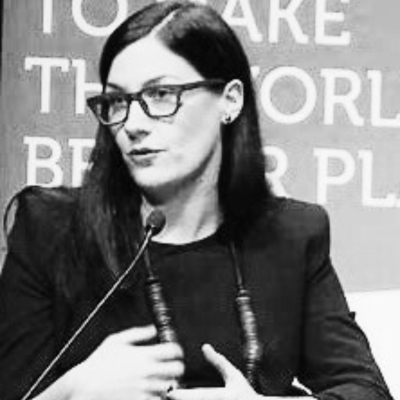
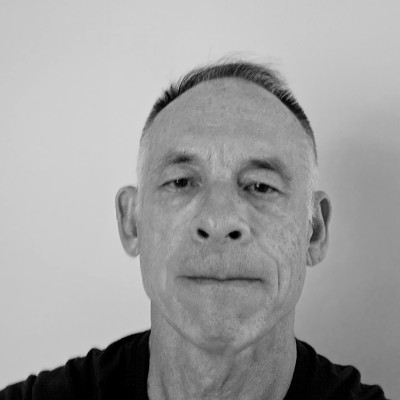
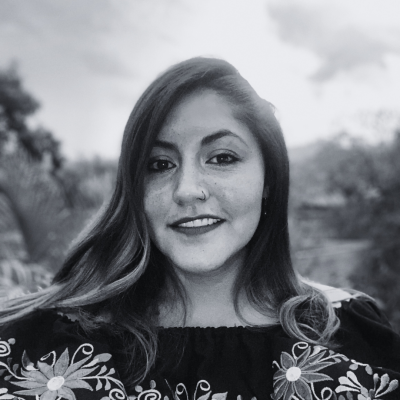
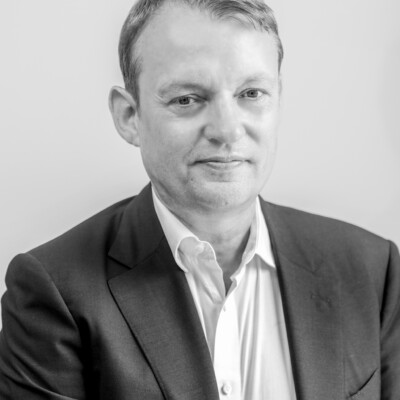

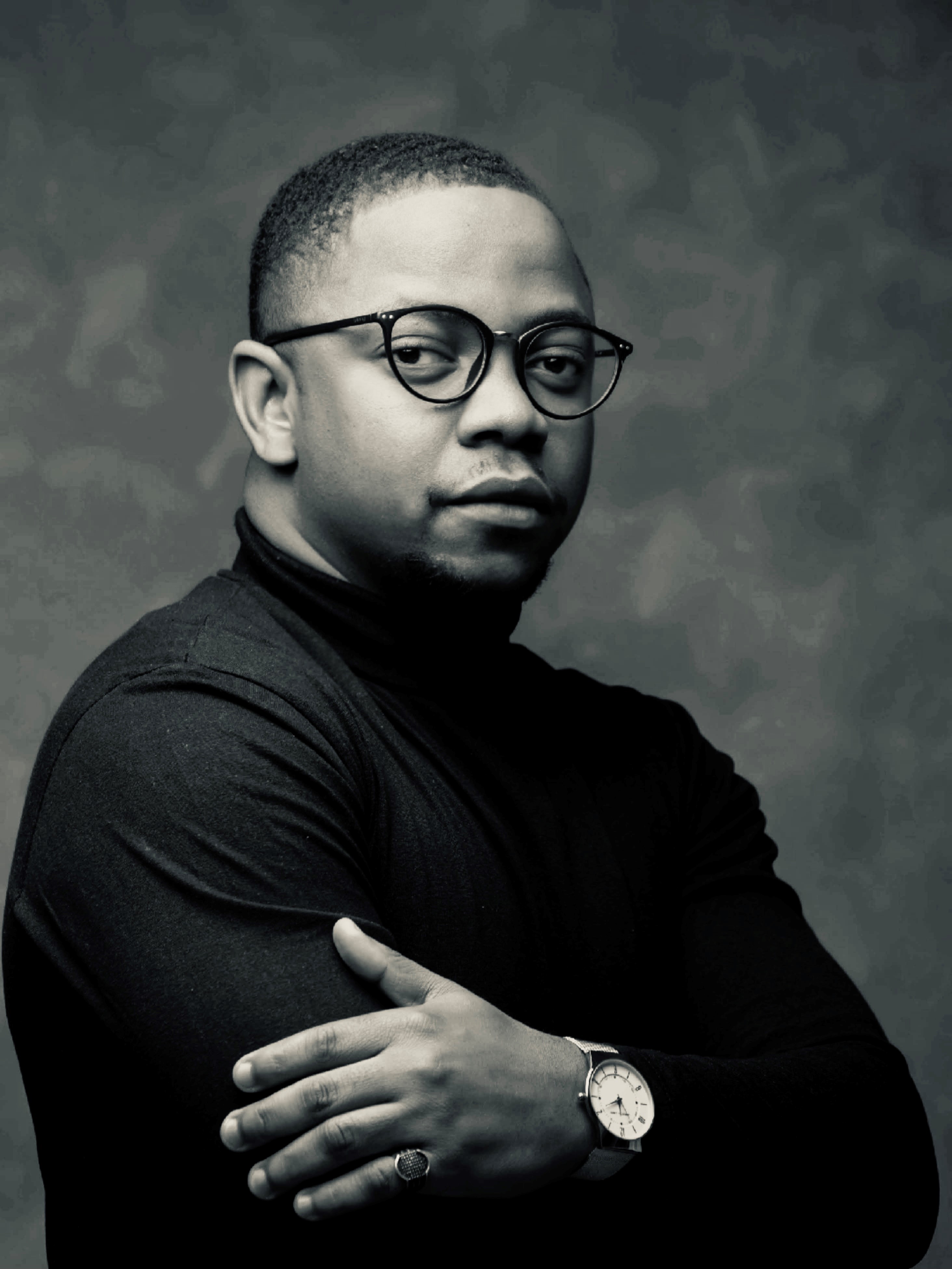
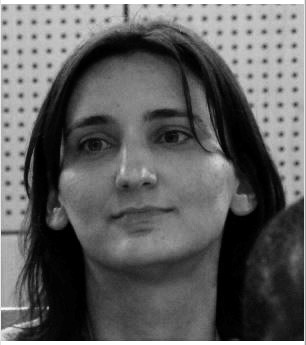

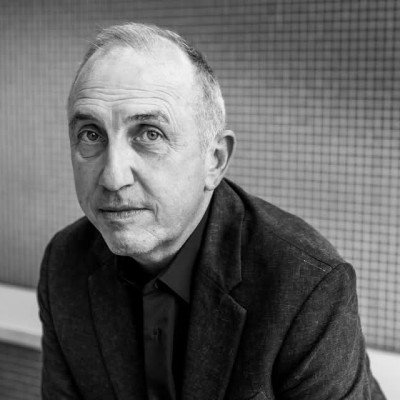

Mina Barling (she/her) is a public health expert, feminist activist and human rights defender. Her work is concerned with the intersections between harm reduction, human rights, public health and politics. She led early efforts on access to self-administration of medical abortion in restricted settings and has national, programmatic expertise in sexual and reproductive health and justice in colonised and conflict settings, as well as on LGBTQI+ and sex worker rights.
Mina is the global director of external relations at the International Planned Parenthood Federation. She oversees their global fundraising and resource mobilisation efforts, strategic partnerships, political and multilateral advocacy, digital communications, social movement building and more.
Mina brings more than two decades of professional practice, a Master’s in international health management, and Bachelor’s degrees in social science (gender) and health science. Most critically she brings her own lived experience, and has worked in community and international non-government organisations, community charities/not-for-profits, social businesses, government departments, cabinet and ministerial offices.
Mina was born on Noongar land and has lived and worked in Australia, Cambodia, China, East Timor, the U.K. and the U.S.

Billy Pick is an experienced public health care professional who has worked on national and international aspects of HIV/AIDS. He has a long history of developing, managing, monitoring and evaluating HIV and substance use programs, at local, national and global levels as well as managing and overseeing HIV prevention, clinical and vaccine research trials.
From his early career community-based drug treatment, he went on to work for the San Francisco Department of Public Health, and then on to serve as technical advisor operationalizing the President’s Emergency Plan for AIDS Relief (PEPFAR) for the United States Agency for International Development, focusing on the development of HIV strategies and programming for key populations and clinical care and treatment for people living with HIV/AIDS. He has also served on the Global Fund for AIDS, Tuberculosis and Malaria’s Technical Review Panel and the various National Institutes of Health study sections and working groups.
As an openly gay man who has been living with HIV for over 35 years and a former injecting drug user, Billy has been involved in HIV, Hepatitis C and human rights and drug reform advocacy and policy development for almost 35 years.

Fany Pineda Miranda is the deputy area director of the National Commission on Mental Health at the Ministry of Health in Mexico. She has a strong harm reduction ethic and many years of experience studying and teaching drug policy reform.
Since 2012 Fany has worked in drug policy doing national and international advocacy. In addition, she has developed and implemented strategies for prevention, care and harm reduction aimed at young students, teachers, families, vulnerable populations and users of psychoactive substances.
Fany has been a professor of the Diploma of Health, Drug Policy and Human Rights taught by the Center for Research and Teaching in Economics (CIDE) central region. She has been published in the journal, Ciencias de la UNAM, and in the International Journal of Statistics and Geography.
Fany has served as Project Coordinator for the care of people who use psychoactive substances in the Mayor’s Office Iztapalapa, Mexico City. She has also been coordinator of the drug checking service and has participated in the organisation of regional drug conferences. She speaks courageously about her experience as a young user of psychoactive substances.

John Porter joined HRI as a Trustee and Treasurer in 2021, bringing thirty years’ experience in corporate finance and capital markets. John is currently Managing Director at Dalma Capital in Dubai; he previously worked for Morgan Stanley and Renaissance Capital in London.
John believes in evidence-based healthcare and is committed to addressing stigma and discrimination in services.
John supports the Board of Trustees in its management of financial risk, and provides technical assistance to the Executive Director and Finance Manager through audit processes.

Kirsten Horsburgh is the Chief Executive Officer of Scottish Drugs Forum (SDF). With over a decade of dedicated service at SDF and a professional background as a mental health nurse in drug treatment services, Kirsten brings a combination of frontline experience and strategic leadership to her role.
Throughout her career, Kirsten has been a passionate and influential advocate for evidence-based, compassionate approaches to drug policy and service delivery. Her work has centred on supporting both national and local services to implement effective drug death prevention strategies. She played a pivotal role in the coordination and development of Scotland’s National Naloxone Programme, a landmark public health initiative that has become a model for overdose prevention globally.
Her expertise has been sought by international bodies including the World Health Organisation (WHO) and the United Nations Office on Drugs and Crime (UNODC), where she has contributed to global guidance and supported the expansion of naloxone provision in multiple countries.
Kirsten is widely recognised for her unwavering commitment to saving lives and improving health outcomes for people who use drugs, and for her leadership in improving Scotland’s approach to drug-related challenges.

Oluseyi Kehinde is the Co-Director and Advocacy Manager at YouthRISE Nigeria. For close to a decade, he has executed development programs with a focus on human rights, drug policy, harm reduction, youth development, and Sexual Reproductive Health. He has managed projects funded by UNODC, Open Society Foundations, Dutch Ministry of Foreign Affairs, Frontline AIDS, and others.
Oluseyi is a member of the National Technical Working Group on Drug Demand and Harm Reduction in Nigeria. He is an International Working Group member of Youth RISE and a Fellow of the Young African Leaders Initiative (YALI).
Oluseyi continues to devote his expertise to strategic advocacy for global drug policy reform and sustainable development of young people in vulnerable and marginalised contexts.
Palani Narayanan is a specialist with over 35 years of experience in key population health, HIV/TB, drug use, harm reduction, and drug policy. A pioneer in the field of harm reduction in Malaysia and Asia, Palani founded the first harm reduction programme in Malaysia and later served as the inaugural Chairperson of the Asian Harm Reduction Network.
Throughout his career, Palani has worked with and advised international organizations, donor agencies, community groups, and governments globally, including the Global Fund to fight AIDS, Tuberculosis and Malaria. His expertise has helped shape the direction of harm reduction and drug policy across numerous countries and regions.
Notable career highlights include his role as the National Advisor for the Pilot Harm Reduction Programme in Malaysia, which contributed to a nearly 80% reduction in HIV infections among people who use drugs. As the Strategic Planning and Transition Advisor for Australia’s HAARP Project, he was instrumental in developing strategic funding directions for the Australian government in four Mekong countries. In his capacity as Senior Advisor on Harm Reduction at The Global Fund, Palani supported the development of interventions in West Africa and the Middle East, while also advocating for progressive drug policies and ensuring the continuation of programs during the Covid-19 pandemic.
Palani currently serves as the Director of the Malaysian Drug Policy Programme at the Malaysian AIDS Foundation. In this role, he advocates for the decriminalisation of drugs for personal use and possession, as well as for improved treatment and care for people who use drugs.

Raminta Stuikyte is a social justice activist with a life-long experience in transforming policies in the field of drug policy, HIV, access to essential medicines and higher education.
In 2000s, as the founding executive director of Eurasian Harm Reduction Network, she helped to develop approaches to reducing harms related to drug use and policies in Central and Eastern Europe and Central Asia. In 2013-2015, she was elected to chair the European Union’s Civil Society Forum on (Narcotic) Drugs. In 2021, the Republic of Lithuania nominated Raminta to the International Narcotic Control Board, which is charged with monitoring of the implementation of the three UN drug conventions.
She advises Prof Michel Kazatchkine in his role as the Special Advisor to the Joint UN Programme on HIV/AIDS in Eastern Europe and Central Asia. Until 2019 she served in the UNAIDS Reference Group on HIV/AIDS and Human Rights. Raminta is the Vice Chair of the Technical Review Panel of the Global Fund to fight AIDS, Tuberculosis and Malaria (the largest global donor in the field of harm reduction). She has been an advisor and a consultant to Open Society Foundations, UNDP, WHO, Harm Reduction International, Frontline AIDS, Eurasian Network of People who Use Drugs and others.

Tatyana Sleiman is a Lebanese harm-reduction and mental health practitioner, strategist and advocate with lived experience of drugs use. She is Executive Director at Skoun Lebanese Addictions Center, a Beirut based harm reduction centre where she has been working for 15 years.
In her role at Skoun, she led the first programme to embed opioid agonist therapy and community harm reduction in Lebanon’s public health system during the country’s intersecting political and economic crises.
A staunch advocate for the decriminalisation of drug use, Tatyana contributes to promoting evidence and human-centred regional drug policies and legislation. Through her role on the International Drug Policy Consortium Advisory Council she helps steer global reform agendas toward health and rights-based models. Her intersectional lens, focused on youth, LGBTQIA+ people, refugees and other crisis-affected groups also guides her governance roles as an Advisory Board Member at Helem, the Arab world’s leading queer-rights organisation and Volunteer Board Delegate with Médecins du Monde-France, advocating for equitable care in emergencies.
Over two decades, Tatyana has mobilized humanitarian and development resources, designed crisis-responsive services, and championed evidence-based, rights-focused drug policies locally, regionally and internationally.
In 2023, she was selected as a Ford Foundation Global Fellow, joining a decade-long network of leaders combating inequality worldwide across sector of intervention and practice.
Tatyana holds a masters degree in clinical and pathological psychology.

Tony is a social policy and public health consultant based in Dublin. He has worked in harm reduction for over 20 years, alongside and in support of people who use drugs. From 2005 to 2025, he was CEO of the Ana Liffey Drug Project—Ireland’s first harm reduction service, established in 1982—where he championed rights-based, person-centred approaches to drug use, health, and social support.
Throughout his career, Tony has focused on practical ways to reduce drug-related harm, improve access to services, and uphold the dignity and autonomy of people who use drugs. His work has included frontline outreach, policy reform, and building cross-sector partnerships in Ireland and internationally.
He continues to work independently with organisations across Europe and beyond, and currently chairs the Advisory Committee of Correlation – European Harm Reduction Network. He is also an Adjunct Teaching Fellow at Trinity College Dublin.
founder


Professor Pat O’Hare was the Executive Director of Harm Reduction International from its founding in 1996 until he stepped down in 2004.
Pat started working in the drug field in the mid-1980s when he became Drug Education Coordinator for Sefton on Merseyside and then Director of the Mersey Drug Training and Information Centre in Liverpool. In 1989, he founded the International Journal of Drug Policy and was the Editor from 1990 to 2000. In response to the interest created by the innovative ‘Mersey Harm Reduction Model’, Pat initiated the First International Conference on the Reduction of Drug Related Harm in 1990.
Pat has been instrumental in helping governments around the world to change the way they approach the problems caused by drug use, especially those caused by the sharing of injecting equipment. He is co-editor of three books on the reduction of drug related harm, has published extensively on HIV prevention, education and drug policy, and has spoken at many international conferences during the past twenty years.
In 1990, Pat was given the Norman E. Zinberg Award for Achievement in the Field of Medicine and Treatment by the Drug Policy Foundation in Washington and, in 2000, he was given Harm Reduction International’s most prestigious prize – the International Rolleston Award. In February 2009, he was made Visiting Professor in Drug Use and Addiction at Liverpool John Moores University.
Don't miss our events and publications
Subscribe to our newsletter
